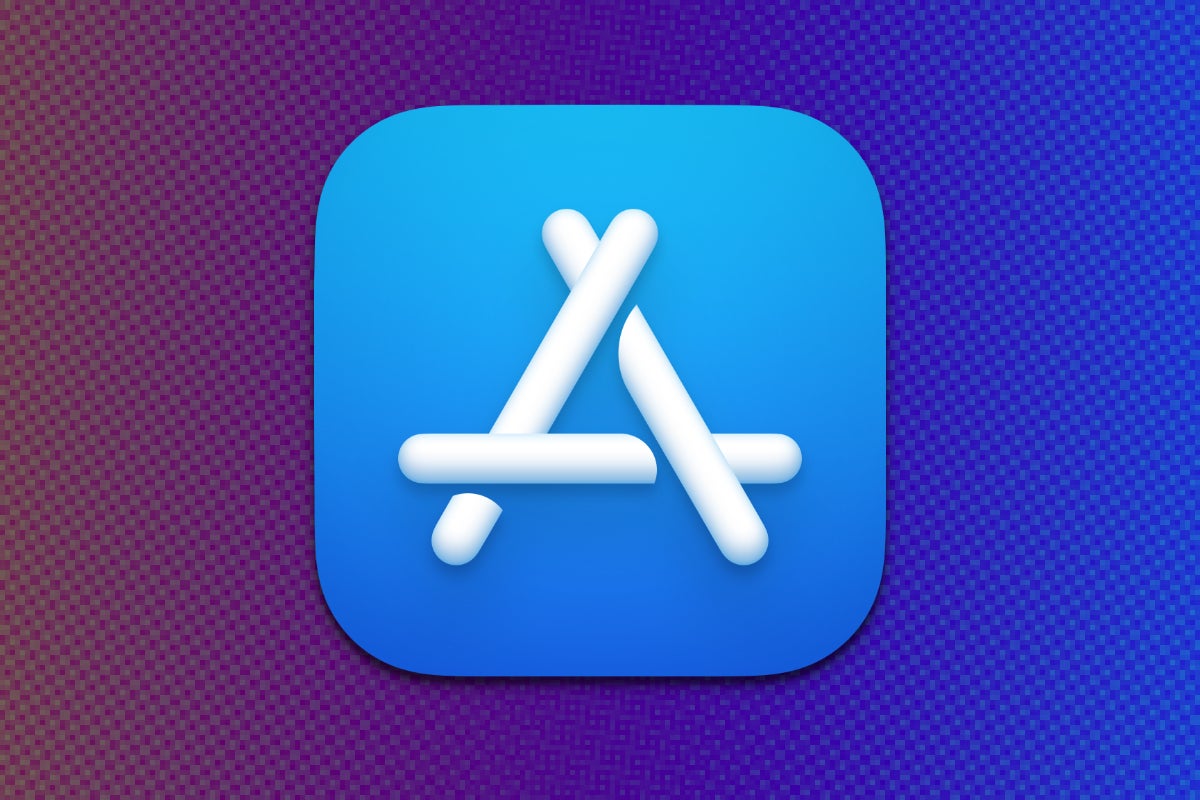Apple has unveiled its strategy for opening up its App Store in Europe. Critics are not in favor of the plans, arguing that they are too expensive. Apple has also made the worldwide App Store accessible to game streaming services and will allow the NFC chip in the iPhone to support services other than Apple Pay.
But what should the price of platform access be — and is that a matter for regulators or for the market to decide?
Under the new European Union (EU) business terms, iOS apps distributed from the App Store and/or an alternative app marketplace will pay €0.50 for each first annual install per year over a 1 million threshold, Apple says. Developers who continue to sell apps exclusively via the store will not be required to pay this.
Apple Fellow Phil Schiller stated: “The changes we’re announcing today comply with the Digital Markets Act’s requirements in the European Union, while helping to protect EU users from the unavoidable increased privacy and security threats this regulation brings. Our priority remains creating the best, most secure possible experience for our users in the EU and around the world.”
Apple has no choice. The EU has passed laws (the Digital Markets Act, DMA) to force the company to open up its platforms this way. With other nations already considering similar rules, Apple customers in Europe have now become lab rats for a new way of doing business. The company, meanwhile, is appealing the DMA rules, but must take these steps all the same.
Customers will be able to purchase software for iOS devices outside the App Store via additional payment systems. However, Apple isn’t willing to leave its customers or platforms less private or secure, so it’s putting various measures in place to protect them – though it warns “many risks remain.’
These measures include:
Notarization for iOS apps.
Authorization for marketplace developers.
Customer access to a third-party contactless payment app or alternative app marketplace as default.
App Store features, including Family Purchase Sharing, that are not compatible with apps downloaded outside the store.
Notification from Apple when an app users download rely on alternative payment processing.
Notification when an external transaction is made.
Access to banking and wallet apps other than Apple Pay, as the company is opening up the NFC chip to support those transactions.
The ability to choose your default contactless payment app through a new setting for contactless payments.
Apple will publish additional information to help EU users understand and navigate the changes once they are…
2024-01-31 08:41:03
Original from www.computerworld.com
